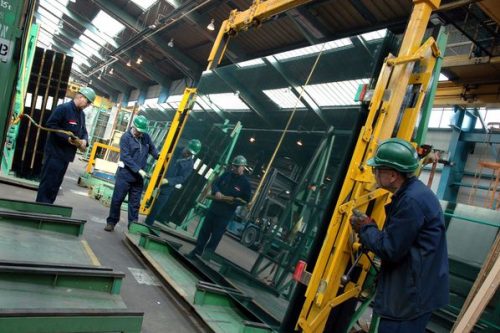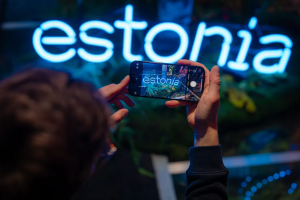Pilkington parent NSG slips into loss due to soaring energy prices

NSG (Nippon Sheet Glass), the Japanese parent of former St Helens glass giant Pilkington, made a pre-tax loss for the year to March 31, 2023, it revealed, fuelled by soaring energy prices across Europe.
Its latest figures show that the group, which operates globally, saw revenues during the reporting period rise from £3.290bn in 2022 to £4.182bn in 2023. However, a pre-tax profit of £64.97m became a pre-tax loss of £120.16m for the latest fiscal year.
Net debt increased by £234.06m from March 31, 2022 to £2.233bn at the period end. The increase arose largely from foreign exchange movements and a reduction in the value of energy-related derivative assets.
The loss before tax was largely due to net exceptional losses of £247.22m, which included an impairment of goodwill and other intangible assets recorded during the second quarter of the year. This represented a full impairment of all remaining goodwill and intangible assets related to the group’s automotive business in Europe, originally arising on the acquisition of Pilkington in 2006.
The group said in fiscal year 2023, it saw input costs rise sharply, especially the price of European natural gas, which surged to unprecedented levels, and the market conditions surrounding the group were mixed across businesses.
However, in the second half of the year, energy-related input costs began to fall, and the overall market environment stabilised.
Architectural Glass markets were generally strong, supported by robust demand, despite a slight softening in demand in Europe from the second half of the year, and high input costs were largely offset by positive selling prices.
Automotive Glass markets gradually recovered from shortages of auto parts, particularly semi-conductors, from the second half of the year, and the impact of soaring input costs was mitigated by improving selling prices as a result of progress in price negotiations with customers.
Technical glass markets were generally stable during the year, although COVID lockdowns in China, and a slowdown in IT markets, had a negative effect on results during the second half of the year.
Nevertheless, the market environment remains uncertain due to potential recession caused by rising interest rates.
There is also a risk that energy-related input costs, although they have fallen, could soar again.
Other costs such as raw materials, freight, and labor also keep rising due to global inflation. NSG said the group must continue its efforts to reduce production costs and pass on the cost increase to selling prices in order to keep improving profitability.
It said major issues to be addressed by the group include early recovery of profitability and acceleration of business structure reform amongst all.
By implementing reforms and strategies, the group said it strives to restore its earning power and transform its business structure at the earliest opportunity in order to build business strength to generate stable net profit and free cashflow and sustain the cycle of growth.








